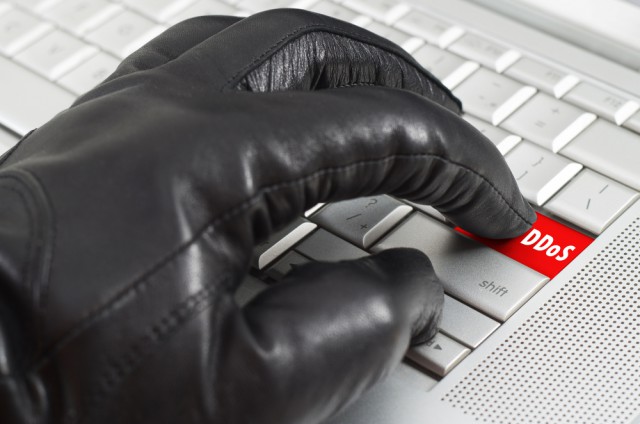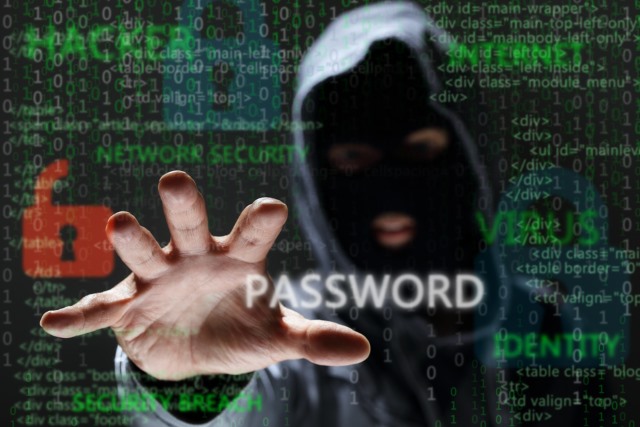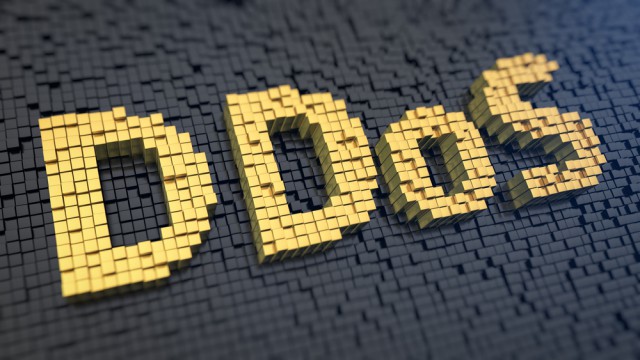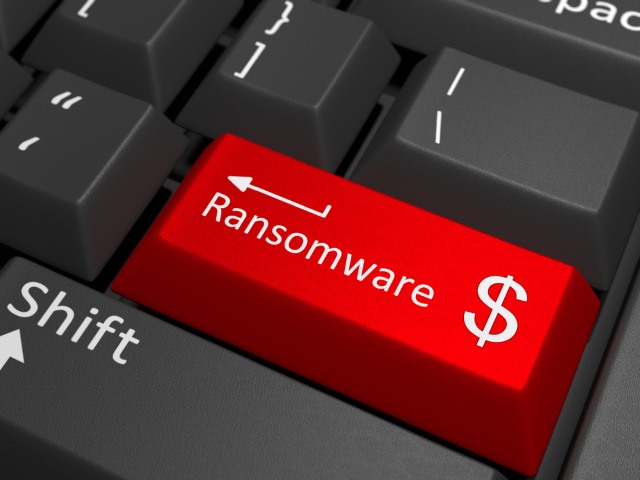
Almost a third of healthcare workers haven't had cybersecurity training
Because of the volumes and types of data that it holds the healthcare industry is a prime target for cybercriminals.
So it's a little concerning that a new survey of healthcare staff from Kaspersky shows 32 percent of respondents in North America say that they have never received cybersecurity training from their workplace.

Second quarter sees an 18 percent rise in DDoS attacks
In the second quarter of 2019, the total number of DDoS attacks grew by 18 percent, compared to the same period in 2018 according to a new report from Kaspersky.
There is, however, a drop compared to the first quarter of this year, with attacks down 44 percent. Kaspersky attributes this to seasonal variation with DDoS attack usually declining in late spring and summer.

Kaspersky launches its 2020 range with traffic encryption and scanning speed improvements
We see people purchase new security software and are often asked "how do I remove the old version?" which we find utterly perplexing.
To be clear, there’s really no such thing as a '2019' or '2020' of any security software as you always have the latest version as part of any paid subscription. You’re not using year-old outdated security to protect your devices. What a new release does is enable the company to make an announcement and, in turn, websites such as BetaNews to write about the new features. It’s really as simple as that.

Password stealing malware on the rise as 60 percent more users are targeted
Password stealing malware is a key weapon in the cybercriminals' armoury, seeking to grab data directly from users' web browsers using a range of methods.
According to new data from Kaspersky, the number of users, targeted by password stealers, has peaked from less than 600,000 in the first half of 2018 to over 940,000 during the same period in 2019.

DDoS attacks increase 84 percent in three months
The number of DDoS attacks during the first quarter of 2019 increased by 84 percent compared with the previous quarter according to a new report from Kaspersky Lab.
This reverses last year's trend of declining DDoS attacks as attackers shifted their attention to other sources of income, such as crypto-mining.

More than half of internet users think complete digital privacy is impossible
According to a report from Kaspersky Lab, 56 percent of internet users feel that complete privacy in the modern digital world is impossible.
For many people, their worries about digital privacy may come from personal experience. Kaspersky's research finds that 26 percent of people have had their private data accessed by someone without their consent, rising to almost a third (31 percent) among 16- to 24-year-olds.

Almost half of industrial computers hit by malicious cyber activity in 2018
Kaspersky has released the results of an astonishing study that found that almost half of world's Industrial Control System (ICS) computers was subjected to malicious cyber activity last year.
While malware and cyber attacks have been a problem for some time, there is particular concern about the rising numbers of ICS computers being affected. In the case of downtime for such systems, there is the risk of material losses and production downtime at industrial facilities.

Check to see if your computer was targeted by the ASUS ShadowHammer malware
Yesterday we reported about a warning from Kaspersky that the ASUS Live Update Utility had been hacked to deliver ShadowHammer backdoor malware. ASUS has now released a patch to secure systems, and Kaspersky has released a tool that you can use to check whether you have been affected by the malware.
It's important that ASUS users install the patch -- described as a "critical" update by the company -- to secure their systems, but it's also a good idea to use Kaspersky's utility to see whether your computer has been infected with ShadowHammer.

ASUS Live Update Utility hacked to deliver ShadowHammer backdoor malware to a million systems
Kaspersky Lab reports that the software update system used by ASUS was hijacked by hackers and used to deliver a backdoor-laden piece of malware to users. The company estimates that around a million users may have been affected by what it describes as "one of the biggest supply-chain incidents ever".
Back in January, the security firm discovered that a threat actor interfered with the ASUS Live Update Utility, adding a backdoor to it. Signed with an official ASUS certificate and carefully crafted to be precisely the same size as the official tool, the malware -- dubbed ShadowHammer -- went unnoticed for some time.

Kaspersky reports Apple to antimonopoly authorities over the handling of its apps
Security firm Kaspersky has reported Apple to Russia's Federal Antimonopoly Service. The complaint comes after Apple rejected the Kaspersky Safe Kids parental control app from the App Store, saying that the implementation of two "essential" features contravened store policies.
Kaspersky was surprised at the removal of the app as it had been sitting happily in the App Store for some three years. The company believes that Apple has forced the app out of the store because iOS 12 introduced its own Screen Time parental controls -- something Kaspersky views as restrictive and monopolistic behaviour.

Free tool protects businesses against ransomware and other threats
Ransomware and other threats like adware and cryptominers are still a major threat to businesses. But smaller companies may be struggling to find the resources to combat them.
To address this problem Kaspersky Lab is today releasing the next generation of its free Kaspersky Anti-Ransomware Tool for Business.

Russian doll malware spreads via Pirate Bay
Researchers at Kaspersky Lab have uncovered a new strain of malware spreading via The Pirate Bay torrent tracker site.
Named after the classic Russian doll, PirateMatryoshka aims to infect users' computers with adware and tools that spreads further malware onto the device. It carries a Trojan-downloader disguised as a hacked version of legitimate software used in everyday PC activity.

Number of DDoS attacks falls but sophistication improves
2018 saw a decline of 13 percent in the overall number of DDoS attacks when compared to the previous year, but cybercriminals are turning to longer, more sophisticated, mixed and HTTP flood attack techniques.
This is revealed in Kaspersky Lab's DDoS Q4 2018 Intelligence Report, which also shows the average attack duration has grown. Compared with the beginning of the year, the average length of attacks has more than doubled -- from 95 minutes in Q1 to 218 minutes in Q4 2018.

Pssst... Wanna buy a digital identity? Only $50
Ever wondered how much your life might be worth? If we're talking about the digital world then the answer might be, 'not very much.'
Cybercriminals could sell your complete digital life, including social media accounts, banking details, app data, gaming accounts, and even remote access to servers or desktops, for as little as $50.

Majority of CISOs believe security breaches are inevitable
According to research from Kaspersky Lab, 86 percent of CISOs believe that breaches are inevitable, but too many are stuck in a vicious circle of risk.
Financially motivated criminal gangs (40 percent) and malicious insider attacks (29 percent) are the biggest risks to their businesses, and these are the threats that are extremely difficult to prevent, either because they are launched by 'professional' cybercriminals or because they are assisted by employees who are expected to be on the right side.
